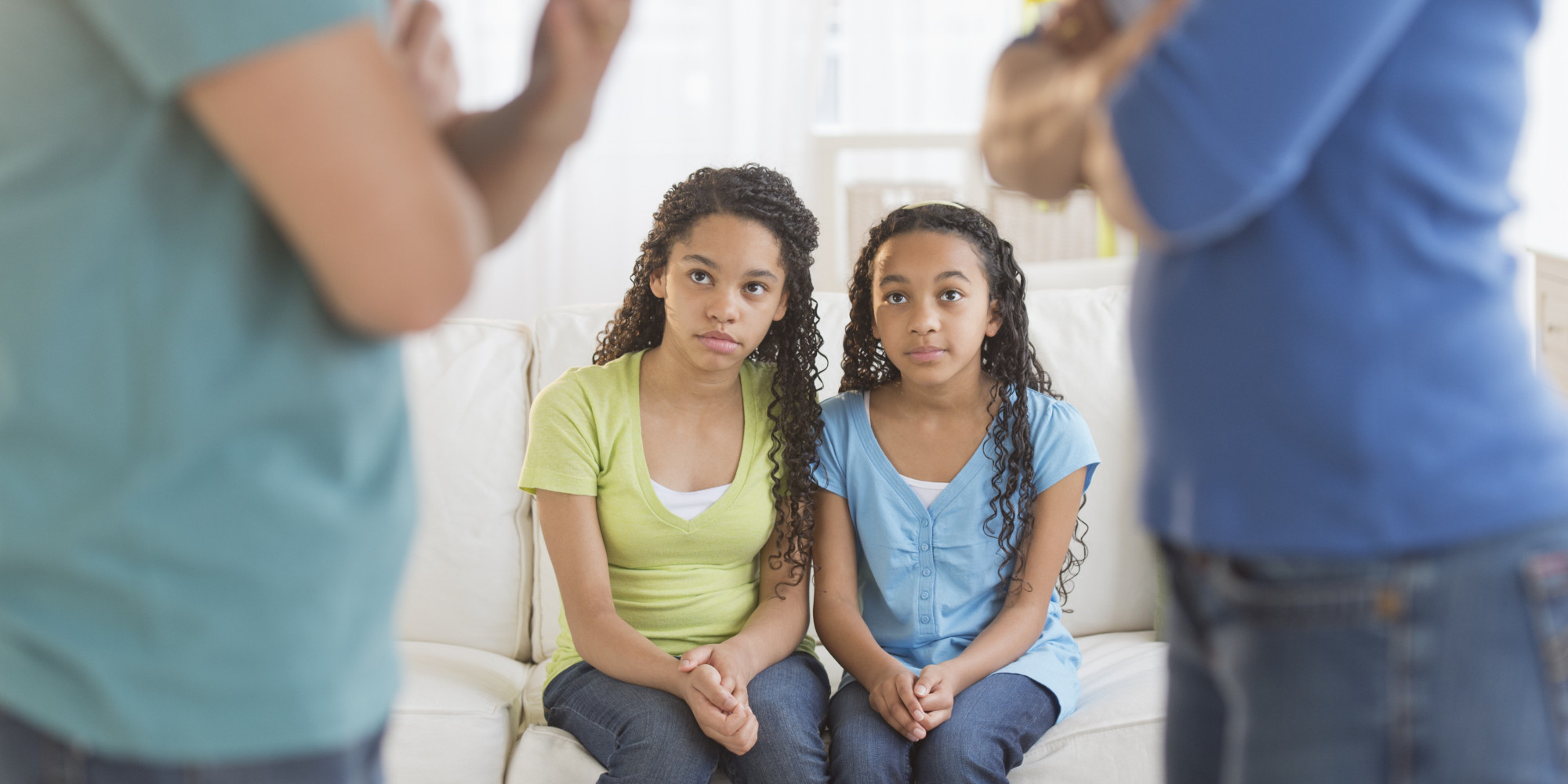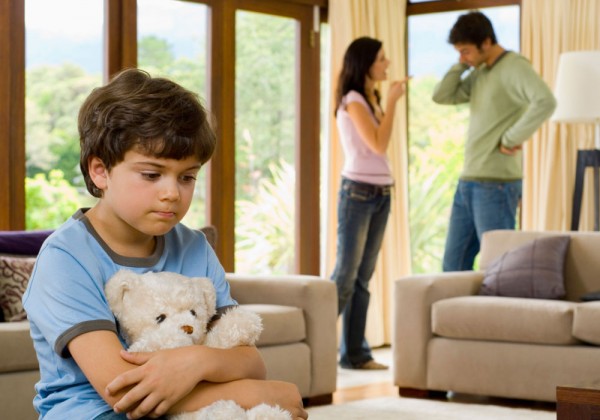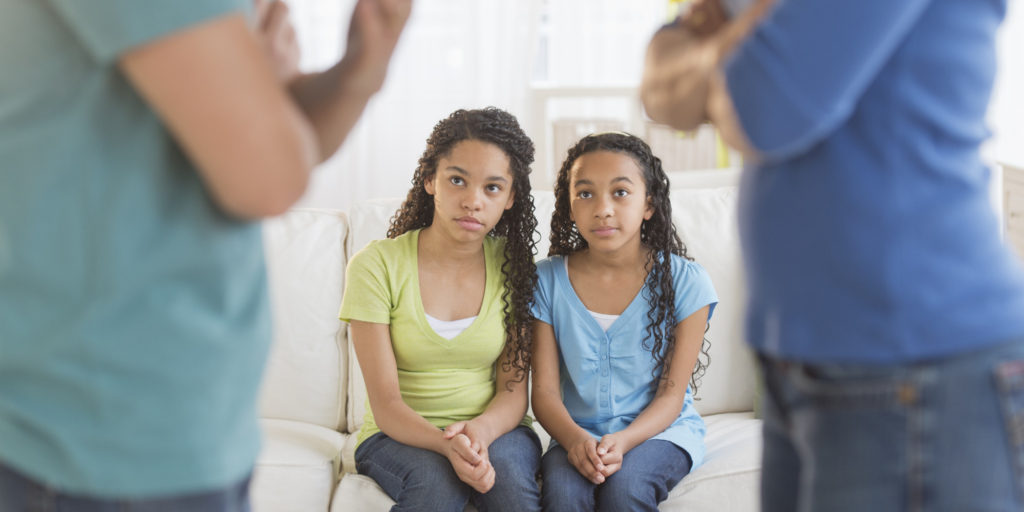
The impact of divorce on children can result in feelings of stress, sadness, anger and confusion. Each child will react differently, based on the child’s age, personality and the separation circumstances. With babies and toddlers, due to their limited cognitive abilities, they may experience nightmares, behavioral outbursts or have temporary regression in their developmental stages. Those between the ages of 5-13, they may feel partial blame and feel insecure and hold onto the hope that the family will come back together. Teenagers and older, may shut down and runaway from their thoughts and feelings.
Divorce, though often for good reasons – at the beginning, is a time of uncertainty for all parties involved. However, there are tips and strategies that parents can use and adapt for their children to help the child feel secure and transition into this new structure. You’ll first want to find the best lawyer you possibly can such as this Chicago divorce lawyer or others, so you’re able to make the transition as smooth and painless as possible so you can focus on taking care of your child or children.
“We’re getting a divorce” – How to break the news:

Children, especially those above 5 years old, will always remember the first time they heard the news. During this conversation keep in mind:
- Be honest and truthful: Although you want them to know the truth; try to keep it simple and refrain from sharing too much details. Such as: “We are not able to get along anymore.”
- Reassure them and express love: Emphasize that the splitting up is between mom and dad and has nothing to do with them. Feelings of insecurity and sadness will quickly surface for your child. So the simple “I love you” will go further than you imagine.
- Encourage them to share their feelings: Children may have difficulty sharing their emotions or even digesting the information. You can help them by encouraging them to say whatever they feel. They may feel scared to hurt your feelings and reluctant to share them. But it is important for them to work through these thoughts, which may be circulating inside of them.
- Listen: Even if you do not know how to respond to them, it’s important to listen and give them that open, safe space to talk. You don’t want to dictate how they feel so you can simply just re-summarize what they are expressing. Ex. “It sounds like you are feeling sad/annoyed, about not seeing mom/dad this weekend.”
What next?

The most important thing to maintain in this transition is stability, consistency and open lines of communication for the children. If it is possible given your situation, try and keep a clear communication with your ex and focus your discussions exclusively on the children. It is important that parents are aligned in their strategy and ensure consistency and schedules across both households.
- Stability and consistency: Whether it is a child or teen, a consistent schedule allows them to know what to expect, which in turn will make them feel calm, and more secure when transiting between separate households. For example, when Ahmed is with one parent for the weekend, he’s expected to take out the garbage and dinner is eaten at the table and not on the couch. While at the other parent’s home, he knows he must do his homework before he can open his iPad, and he is in charge of loading the dishwasher.
- Avoid putting your child in the middle: Putting your child/children in the middle of each other’s communication as your “messenger” creates a negative “triangular” effect. Avoid sending messages through your children and certainly avoid talking about your ex in a negative way in front of your children. This will lead to trust issues when your children begin entering adult hood and want relationships for themselves. Following the saying, that “If you have nothing nice to say, don’t say it at all”
WE SAID THIS: Divorce can be tough on anyone. If you feel that your child is acting out, or needs someone to talk to, then you should seek out a school counselor or therapist. The Wellness Hub has opportunities for children and parents to speak separately with our child therapist and adult therapist.



